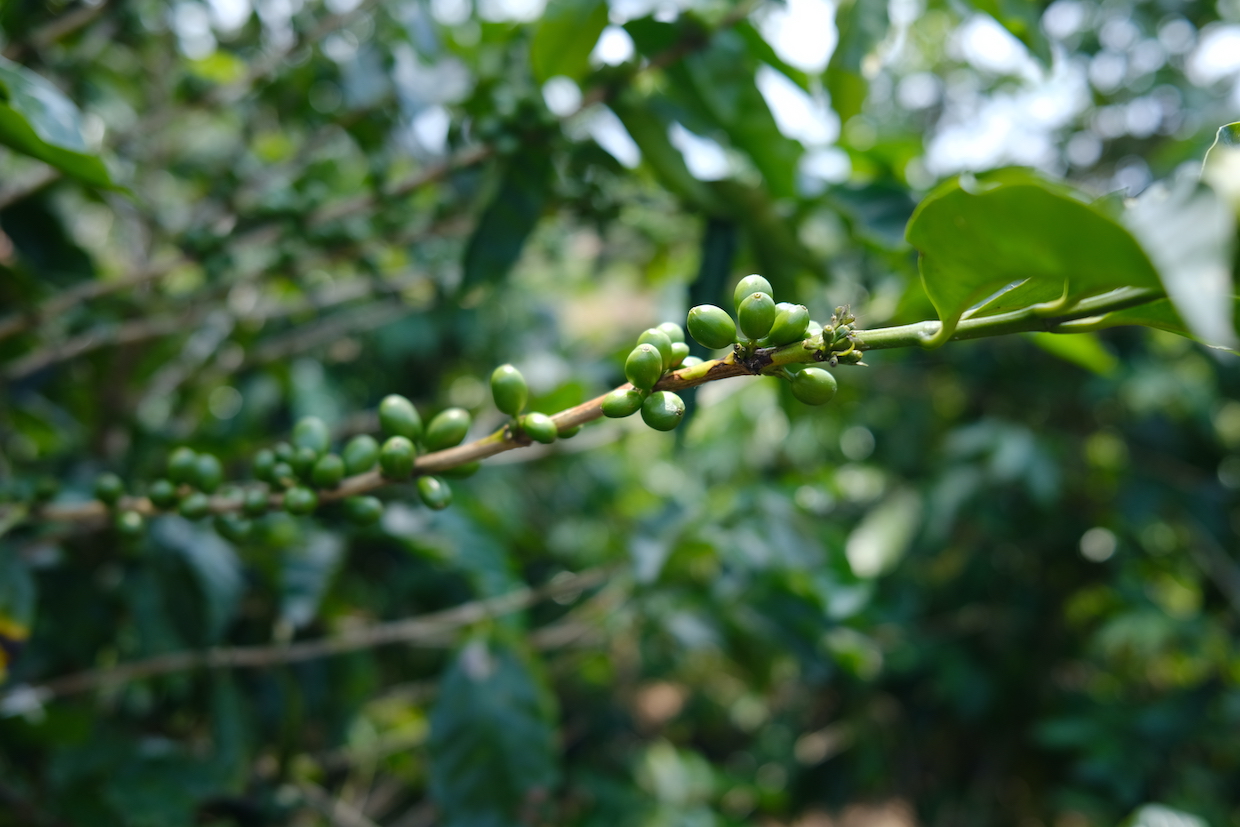
"Starting in 2026, companies selling coffee on the European Union market will have to prove that their product is "deforestation-free." That means every bag of beans, every jar of ground coffee and every espresso capsule must trace back to coffee plants on land that hasn't been cleared of forest since Dec. 31, 2020. The new rules, found in what's known as the EU Deforestation Regulation, are part of a wider effort to ensure European consumption doesn't drive global deforestation."
"Under the new EU Deforestation Regulation, companies will be required to trace their coffee to its exact origin - down to the farm plot where the beans were grown - and provide geolocation data and documentation of supply chain custody to EU authorities. They will also have to show proof, often through satellite imagery, that any open land where coffee is grown was forest-free before the 2020 cutoff date."
About 2 billion cups of coffee are consumed daily worldwide, and the EU is introducing measures to prevent consumption-driven deforestation. Coffee, along with cocoa, soy and palm oil, is included in the EU Deforestation Regulation requiring companies to prove products are deforestation-free. Firms must trace coffee to exact farm plots, provide geolocation data and supply chain custody documentation, and often use satellite imagery to show land was forest-free before the end of 2020. Implementation was delayed after international complaints and trade concerns; most companies must comply by Dec. 30, 2025, raising potential impacts for farmers and trade.
#eu-deforestation-regulation #coffee-supply-chain #deforestation-traceability #agricultural-trade-impacts
Read at Daily Coffee News by Roast Magazine
Unable to calculate read time
Collection
[
|
...
]